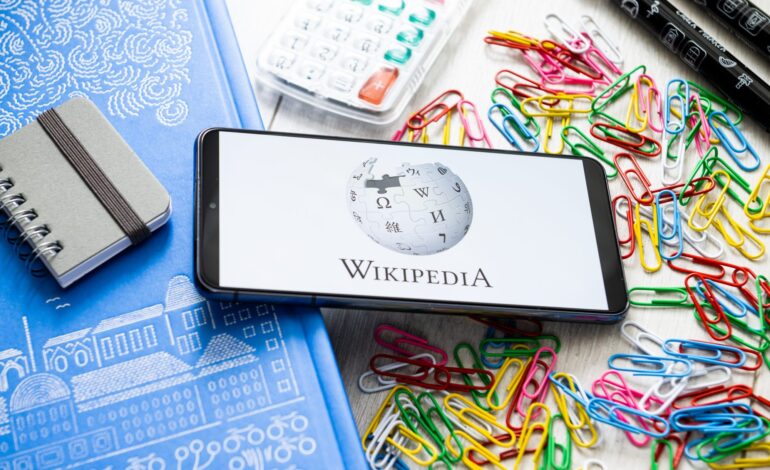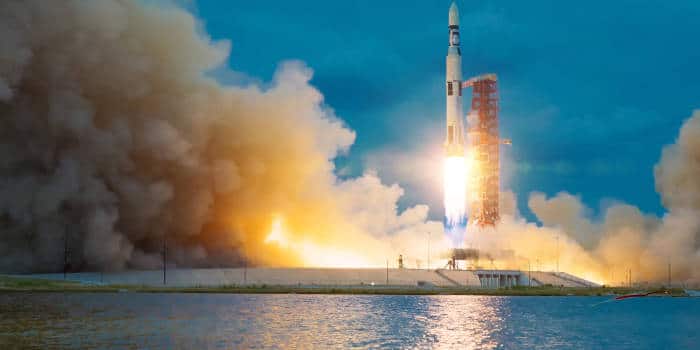House Republicans Launch Urgent Probe into Wikipedia Bias

BREAKING: House Republicans have just announced a significant investigation into alleged biases within Wikipedia that may distort public perception and influence societal understanding. This urgent probe aims to address the growing concern that Wikipedia, often seen as a neutral reference, has become a battleground for ideological manipulation.
During recent meetings, individuals admitted they relied on Wikipedia to form their first impressions, highlighting the platform’s pervasive influence. As more people turn to digital resources for information, the implications of Wikipedia’s potential bias extend far beyond casual browsing—impacting AI models, Google search results, and classroom research.
The investigation, spearheaded by the House Oversight Committee, responds to alarming reports of both domestic and foreign actors manipulating Wikipedia content. According to sources, this manipulation puts democracy at risk, as distorted narratives could mislead Americans on critical issues. “Information is power,” the committee stated, underscoring the urgency of the matter.
Critics, including journalist Aaron Bandler of RealClearInvestigations, have highlighted the ideological slant in Wikipedia entries, particularly regarding the Israeli-Palestinian conflict. Bandler’s findings suggest that biased editors dominate these pages, stripping away crucial context and presenting a skewed version of history. This bias creates a misleading narrative for readers who assume they are accessing neutral information.
As Congress ramps up its scrutiny, it is crucial to understand the broader implications of Wikipedia’s influence. The platform’s entries are frequently utilized in AI training datasets, which raises questions about the quality of information being disseminated to the public. “AI bots deliver garbage based on Wikipedia,” warns a recent report, emphasizing the cascading effects of misinformation.
The urgency of this investigation cannot be overstated. With allegations of foreign interference in shaping Wikipedia content, the integrity of our information ecosystem is at stake. If citizens are being nudged toward one-sided narratives without their awareness, the ramifications for public discourse are severe.
Congressional leaders are now recognizing that this is not merely a free information issue; it is a matter of national security. The potential for foreign actors to spread propaganda through a widely-used resource is chilling. As the investigation unfolds, all Americans should be concerned about the unchecked power wielded by those who control Wikipedia entries.
The House Republicans’ initiative is a pivotal step toward accountability and may finally shed light on how deeply embedded biases have infiltrated one of the world’s most referenced sources. As this situation develops, the broader question remains: how do we ensure that the platforms shaping our understanding of reality are held accountable for the information they disseminate?
Stay tuned for updates as this urgent investigation progresses. Every citizen, regardless of political affiliation, has a stake in the integrity of our shared knowledge base. The outcome of this probe may very well shape the future of information as we know it.






